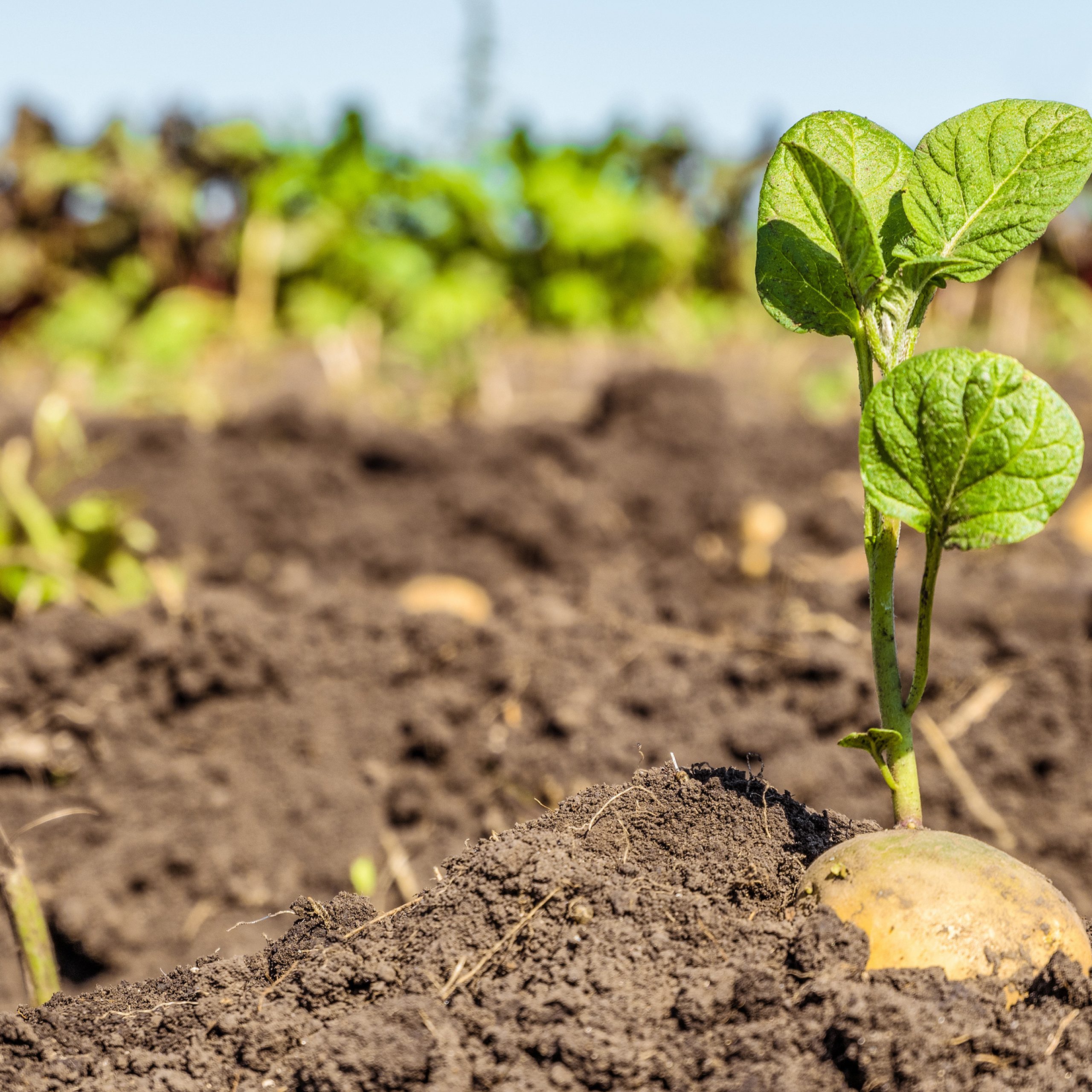UK’s Largest Potato Supplier Implements Carbon Footprint Reduction Practices

Climate change-driven extreme weather events and industry commitments to achieving net-zero emissions are prompting the potato supply chain to reevaluate the carbon footprint of potato production. Branston, the UK’s largest potato supplier, also seeks to reduce carbon emissions in every aspect of potato production, from cultivation to storage and transportation.
Now in its second year of a three-year initiative, Branston’s Net Zero crop nutrition project collaborates with partners, including agritech firm B-hive Innovations, the University of Lincoln, crop storage technologists Crop Systems Ltd, and multiple growers. The project’s primary goal is to develop a process that achieves the lowest possible greenhouse gas (GHG) emissions while maintaining a commercially viable potato crop.
This year’s Net Zero field trials, conducted in partnership with David Armstrong Farms in Lincolnshire and Arbikie Farming in Scotland, focus primarily on optimizing crop nutrition. Nitrogen fertilizer is essential for potato growth but also contributes significantly to the carbon footprint of potatoes. To address this issue, Branston is exploring various trials, ranging from novel fertilizer sources to reducing fertilizer inputs and recycling nutrients in the field, with the aim of reducing reliance on synthetic fertilizers.
In both trial fields, a baseline plot with no nitrogen application was established, followed by additional plots with varying levels of nitrogen application from both conventional and novel sources. Early observations show differences in canopy color and vigor, and the impact on yield at harvest will be closely monitored.
Additionally, Branston is examining the potential for feeding nutrients through the leaves as the crop grows. They are evaluating a new technology called R-leaf, developed by Crop Intellect, which can convert atmospheric NOx gases into nitrate that can be used by the plant. This innovation could allow growers to reduce fertilizer application at planting and make adjustments during the growing season based on real-time nutrient analysis via the leaves, using a system from Piketa.
One critical aspect of the Net Zero project is understanding the carbon footprint associated with synthetic nitrogen fertilizer as it breaks down in the soil during the crop’s growth. Branston collaborates closely with the University of Lincoln to study soil health and gaseous emissions throughout the growing season. Nitrous oxide, a potent greenhouse gas, is released as synthetic nitrogen-based fertilizer breaks down in the soil, and its emissions are monitored along with other gases.
Furthermore, the project explores the role of different potato varieties in reducing the carbon footprint of production. Plant breeders are assessing new varieties to identify those capable of thriving with lower nitrogen levels, reduced irrigation, and on lower-quality land while still producing high-quality, high-yield crops.
The project aims to strike a balance between reducing inputs and maintaining marketable yield to ensure sustainable potato production. Achieving ambitious net-zero targets requires a fundamental shift in the potato industry’s approach. Evidently, the industry is moving in the right direction, but a collaborative and data-driven effort is essential to find sustainable solutions and achieve collective targets.
Source: Farmers Guide



